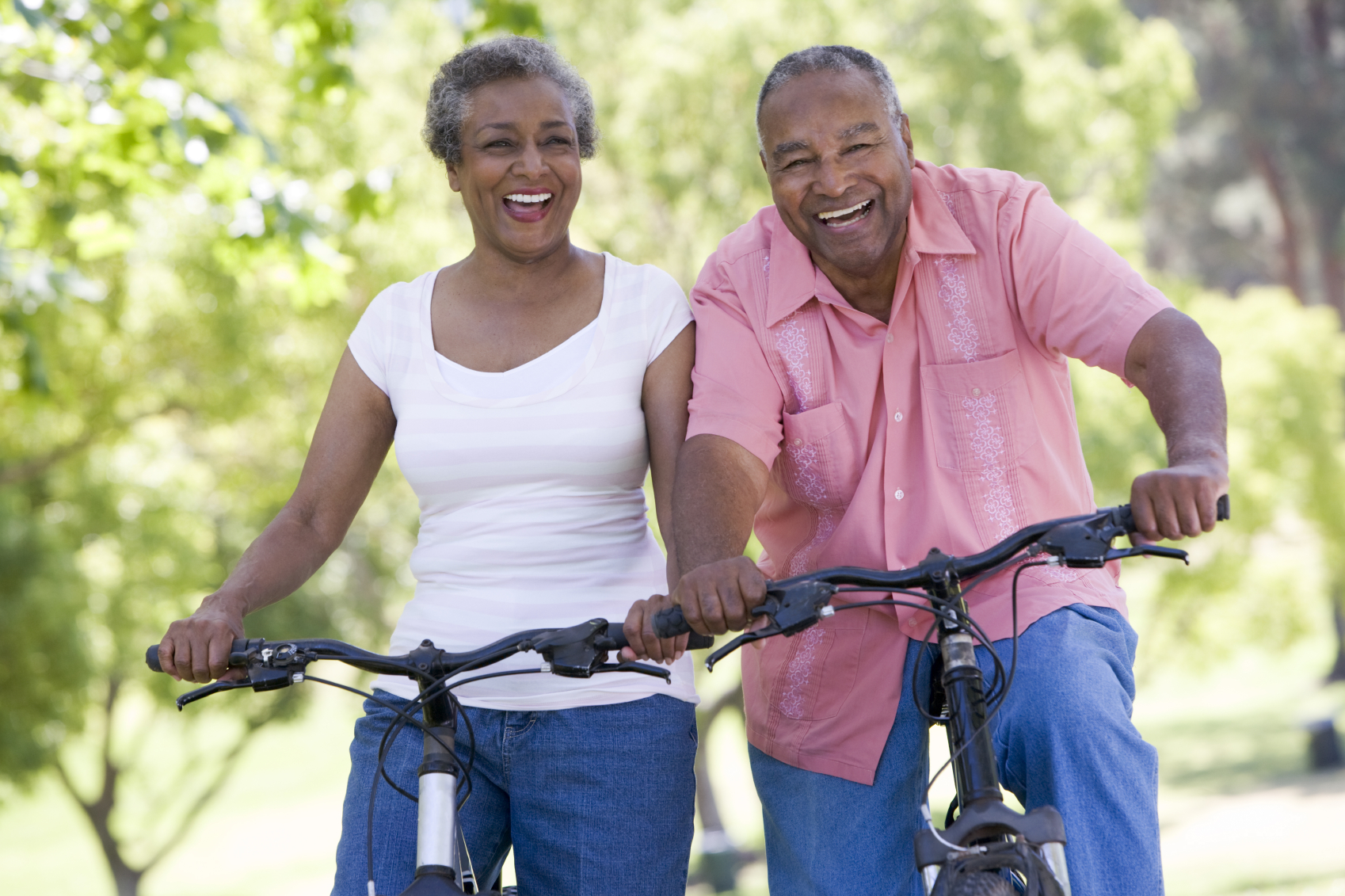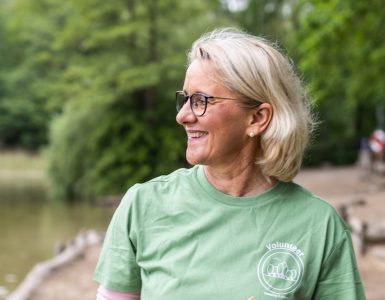If you know an elderly loved one that’s living on their own, without any assistance, it’s important to help make sure they are leading a healthy, independent lifestyle. Maintaining or restoring health in elder years requires more work and time than in younger years. Here are some tips on how to help keep your aging, independent loved one healthy.
A healthy diet. Make sure they are eating well. This is especially important if the person has a medical issue that requires dietary restrictions. Buying groceries can be expensive, so help your loved one cut out coupons and look for weekly deals at the grocery store. For a holiday gift, consider giving them a membership to a wholesale club where they can purchase items in bulk, which may be more budget-friendly.
Get moving! If your loved one is already reasonably healthy, they can begin a regular fitness program. Staying active can help keep them happy, healthy and less stressed. According to the Mayo Clinic, exercise boosts mood and energy, and can lower blood pressure. Try low-impact exercises with your loved one, like walking or stretching, light aerobics and yoga. Always consult with your loved one’s primary care doctor to make sure they can begin an exercise routine.
Keep living quarters safe. Ensure your loved one’s house or apartment is safe. Make sure they have proper lighting and invest in nonskid rugs to help prevent falls and accidents.
Monitor daily. If your loved one takes prescription medication for a medical condition, be sure to know the dosage and frequency, and monitor them to ensure that they are taking it as prescribed. Keep an eye out for any over-the-counter drugs and herbal supplements that may interact with prescription medication. If there are any questions regarding prescribed and over-the-counter medication and supplements, offer to accompany your loved one to see their primary care physician or pharmacist.
Be good company. Make frequent visits to your loved one. While it’s important to check up on them to make sure they are living well on their own, it’s also a good idea to provide companionship. Make your visits special. Take a walk in the park, go to lunch and a movie, play cards and board games or just reminisce about shared happy memories. Also, check out community activities at local senior or adult daycare centers. It’s important for your loved one to stay involved with family and friends to maintain a healthy, active, social life.
If you are a Health Advocate member, reach out to your Personal Health Advocate for more information and tips on helping your elderly loved ones maintain their independence, health and quality of life.



